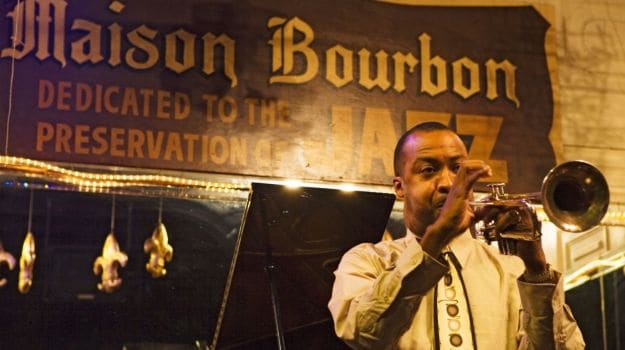Far be it for the British to toot their own horn, but without the arrival of the English and Scottish border-county migrants during the 18th century colonial era, bourbon might never have been made in the southern US. Photograph: AlamyA friend told me that I was a bad drinks correspondent for ignoring the recent World Gin Day. In my defence it’s difficult to keep track of all these promotional occasions – did you know that there’s a British Sandwich Week? Surely in Britain every week is sandwich week? I was just writing something on American whiskey, but then I noticed that I’d just missed National Bourbon Day. It was on 14 June, and now I worry that my article is going to seem about as fresh as a warm Jim Beam and Coke.
My interest was sparked by a book called Bourbon Empire by Reid Mitenbuler (great American name.) Reid tells how settlers brought a knowledge of distilling from Britain and found in Kentucky the perfect spot to make what would become known as Bourbon. Everything was there to make whiskey: plenty of water, trees to fuel the stills and make barrels from, and instead of barley there was rye and corn. The soil was so fertile that Kentucky was “legendary for growing corn.” Americans call these people Scotch-Irish, but this isn’t entirely accurate. They were Protestant English-speaking people from both sides of the Scottish border and from Northern Ireland.
Mitenbuler’s book made me return to a classic of American history called Albion’s Seed. Author David Hackett Fischer’s thesis is that America derives much of its culture in all its contradictory glory from four waves of immigration from Britain: Puritans from East Anglia who settled in New England, Anglican gentry from the West Country in Virginia, midland Quakers in Pennsylvania and borderers from Scotland and Northern Ireland in Appalachia. To put his enormously learned thesis baldly, the reason why people in Appalachia are distrustful of authority, clannish and violent is because they came from a society in Britain with just such tendencies. Fischer estimates that 90% of 18th-century settlers to Kentucky and Tennessee were north Britons. This legacy shows in the names of towns, such as Cumberland and Durham; in their traditional music – country and bluegrass; in a certain crudity of speech (there were waterways called Tickle Cunt Branch and Fucking Creek) – and, of course, in bourbon. These backcountry people, who fought so fiercely against the British Crown during the revolutionary war, then took up arms against the young republic when Washington tried to tax their whiskey. That’s some native belligerence.
The old rebellious spirit lives on in the iconography of bourbon, with brands such as Rebel Yell and Bulleit. The truth is, of course, more prosaic. Bulleit is distilled by the decidedly unromantic-sounding Midwest Grain Producers in Indiana. No wonder they have a National Bourbon Day to inject a bit of glamour. Next week, I will be covering International Creme de Menthe day. Bet you can’t wait.









